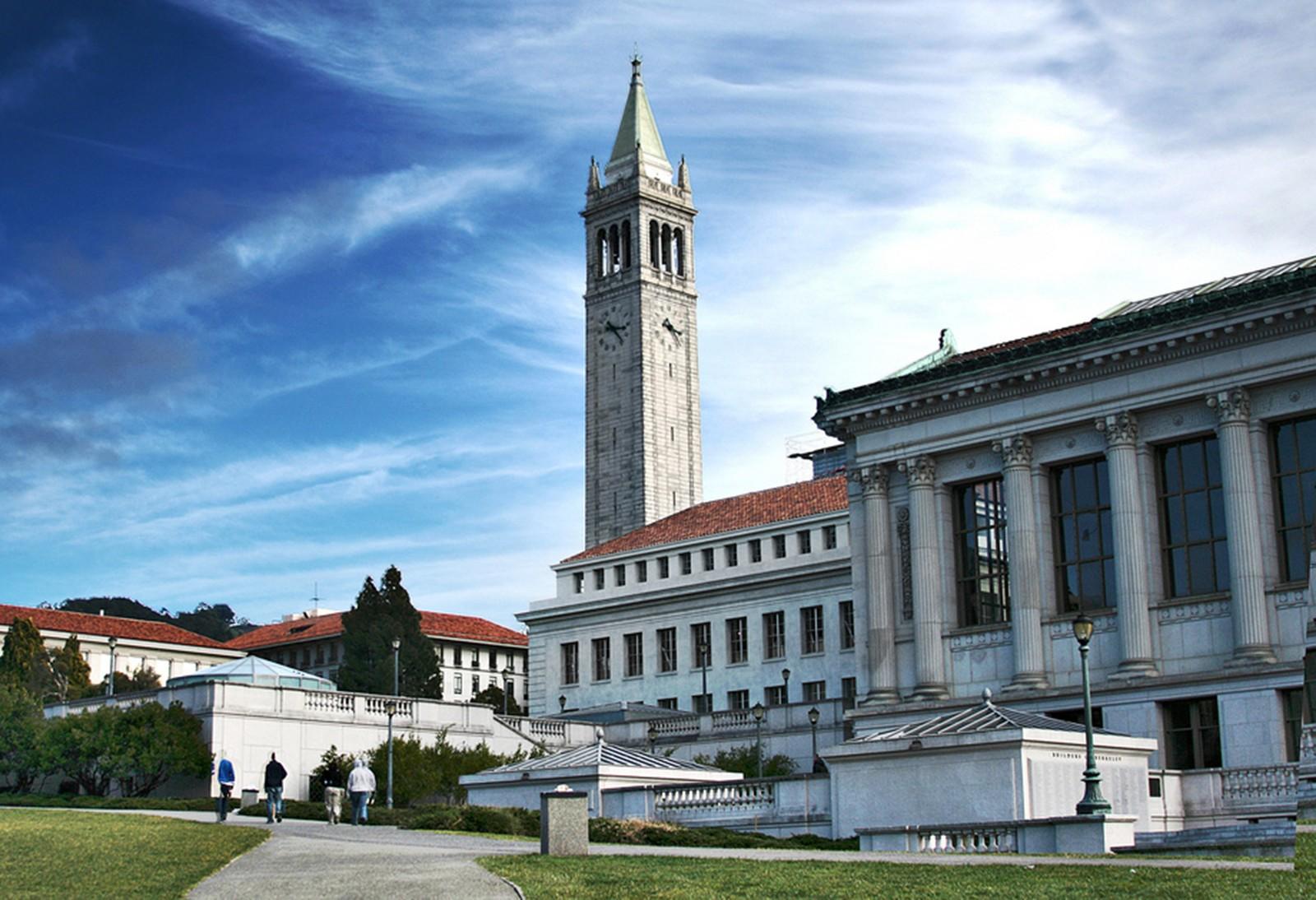At the University of California, Berkeley, students are making big strides to ensure the overall mental health and wellness of the student body.
Through a campus-wide referendum, UC Berkeley students voted for a $146 tuition increase to help fund improvements to mental health and stress management services, and increase resources available for victims of sexual misconduct.
The $143 “Wellness Referendum Fee” will replace a current fee of $92.50 that goes toward recreational sports costs. As Boston University students, we pay a $167 “health and wellness fee” — think of this new program as a more expansive, more targeted version of that.
The referendum was approved overwhelmingly over a two-day voting window between April 7 and 9, with 7,308 students voting for it and 2,950 voting against the fee. It’s an interesting move by a student body that has been historically against any rise in tuition — in fall 2014, when faculty tried to raise tuition by 5 percent, students held a walkout to protest it. The fact that these students are likely in favor of a tuition hike when it goes toward mental health awareness speaks volumes.
“Every year, UC Berkeley loses professors, students and community members to suicide. Other serious mental health complications afflict students to the point of impacting performance, as reported on surveys,” the referendum states. “UC Berkeley students have identified stress as an academic impediment at a rate higher than the national percentage … yet integration of mental health counseling into academic departments is extremely limited.”
Specifically, the new fee would go toward increasing open hours for on-campus counseling services, funding classes on nutrition and stress management tactics, expansion of space for fitness services and creation of places for yoga and meditation. It would target students who are currently less represented on campus: students of color, LGBTQ+ students, student parents and students with disabilities, among others.
Approximately one-third of the funds will go back to the university in the form of financial aid for needy students, and the rest of the allocation is spelled out in the Senate Bill explaining the referendum. Three percent of the funds will also go to “Sexual Assault Prevention and Support Programs.”
“We, the students, are already in a dire situation where we can barely afford to attend this university, let alone pay more,” said Madison Gordon, the referendum’s primary sponsor and student senator, to The Huffington Post. “Unlike blanket tuition hikes, the purpose of this increase was clearly laid out so that students know where the money is going.”
The fee, if approved by the Associated Students of the University of California, could raise up to $2 million annually for these programs. It would then have to get approved by the chancellor and the UC Office of the President before it can be given the go-ahead, UC Berkeley spokesman Adam Ratliff told HuffPost.
Overall, UC Berkeley’s new referendum is a fantastic idea, and it seems to be very inclusive. Being solid mentally means being the best student and person that you’re capable of being. We have to applaud them for recognizing that this is a huge issue. It’s something that should be paid into because the alternative is ignoring it, and it doesn’t go away.
Health resources of any type are essential. At BU, we pay a mandatory “Health and Wellness Fee” that goes toward running Student Health Services and the Fitness and Recreation Center. It’s important to have a system in place that allows students to not have to be wary of seeking out help if they need it.
BU could really benefit from adopting a program like UC Berkeley’s, or at least benefit from making where our “Health and Wellness Fee” is going more transparent. We pay $167 toward this fee, but for what, exactly? If it’s going toward SHS, what are they using it for?
There’s a laundry list of fees that we pay to attend BU, like the Community Service fee and the Sports Pass, the latter of which can be eliminated. But by far more important than either of those is ensuring that SHS works soundly and efficiently, whether a student is going there for a yearly physical or because they are having a mental health crisis.
Here at BU, we hear countless students complain about the way SHS is run. This isn’t an issue that we can just throw money at — they have the staff, the building and the resources. It’s a matter of how they’re handling it. We have PDPs for yoga and nutrition, but we need more than that. BU, and schools across the country, should pay attention to UC Berkeley’s program.
Programs like this should be showing college health services around the country that mental health resource reform is something students are concerned about. Even if money can’t fix everything, there should be the utmost effort put into improvement.






















































































































